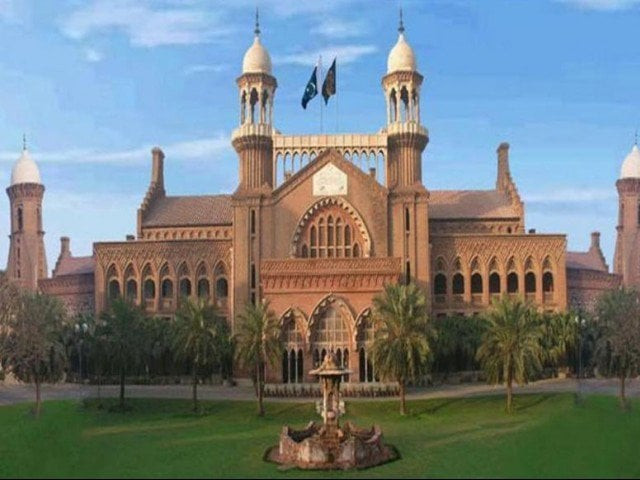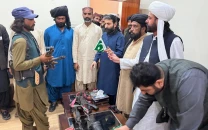LHC restores three sisters' inheritance rights
Nullifies gift mutation used to block property share for 38 years

The Lahore High Court (LHC) has restored the inheritance rights of three sisters after 38 years, nullifying a controversial Tamleek (gift mutation) that their brother had used to fraudulently deprive them of their lawful share in their father's property.
Justice Malik Javed Iqbal Wains of the LHC's Multan Bench ruled that the Tamleek mutation, executed on June 28, 1987, was invalid.
The court rejected the respondent Abdul Sattar's claim that their late father had gifted him 33 Biggas and a few Marlas of land out of "love and affection".
Abdul Sattar contended that the transfer was made while their father was in good health, and that he had obtained verbal consent from his sisters three to four months prior to the transaction. He also claimed that possession of the land was delivered to him at the time of the mutation.
However, the court found neither any written proof of consent nor any testimony from independent witnesses to support the claims of offer, acceptance, or delivery of possession.
Justice Wains observed that the justification provided — disinheriting the daughters out of love and affection for the son — was "seriously questionable".
He added that even if the intention behind the Tamleek was described as pious, "it is inconceivable how depriving daughters of their Shariah-mandated inheritance could be treated as an act of virtue".
He further noted, "The Holy Quran unequivocally guarantees the rights of daughters in their father's estate. Any attempt to defeat this divine commandment through a dubious transaction is not legally sustainable."
Justice Wains strongly criticised the appellate court's contradictory findings noting that the appellate court had itself affirmed in paragraph No9 of its judgment that the trial court correctly found the alleged gift invalid.
Justice Malik Javed Iqbal Wains observed that the appellate court initially held that Abdul Sattar (defendant No.1) failed to prove the essential elements of a valid gift (Tamleek), but then inexplicably reversed that conclusion in paragraph No.10 by overturning the trial court's findings on issue No.2, without offering any new evidence or legal justification.






















COMMENTS
Comments are moderated and generally will be posted if they are on-topic and not abusive.
For more information, please see our Comments FAQ